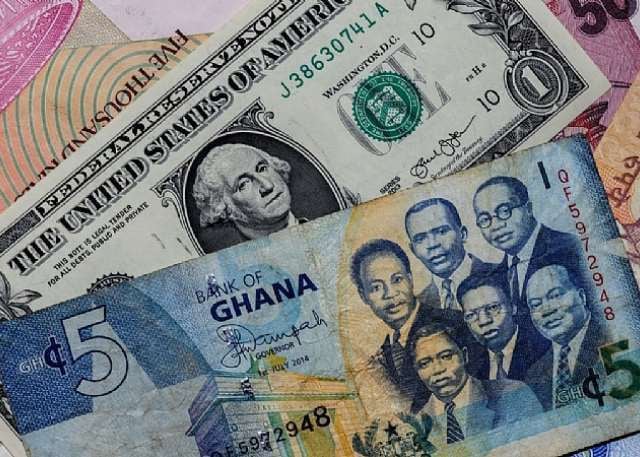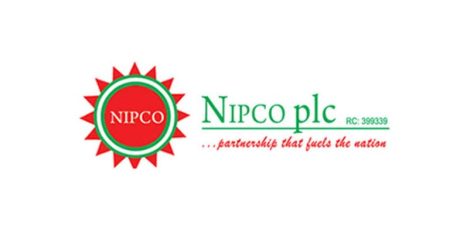The Ghanaian Cedi’s Performance Against Major Currencies: A Comprehensive Overview
The Ghanaian cedi has demonstrated a degree of resilience against the US dollar, exhibiting a slight appreciation in value as of June 23, 2025. According to Cedirates.com, a reliable source for currency and fuel information in Ghana, the average buying rate for the dollar stands at GHS10.34, while the selling rate is GHS11.00. This indicates a moderate fluctuation in the cedi’s value depending on the direction of the transaction. Forex bureaus, which cater to a significant portion of individual currency exchanges, present slightly different rates. Individuals looking to acquire cedis in exchange for dollars will find a rate of GHS11.90, while those converting cedis to dollars can expect a rate of GHS12.25. These rates typically reflect the added operational costs and profit margins inherent in forex bureau transactions.
The interbank market, where larger financial institutions conduct currency exchanges, offers rates closer to the Cedirates.com average. The buying rate for the dollar on this market is GHS10.29, and the selling rate is GHS10.31. This tighter spread between buying and selling rates is characteristic of the interbank market’s higher volume and more efficient trading mechanisms. The data highlights the variations in exchange rates across different segments of the currency market, emphasizing the importance of comparing rates before conducting transactions.
Beyond the US dollar, the cedi’s performance against other major currencies also provides insights into its overall strength. The British pound, a significant currency for Ghana due to historical and economic ties, exhibits average exchange rates of GHS13.75 when converting pounds to cedis and GHS14.55 for the reverse transaction. This illustrates a wider spread compared to the dollar, potentially reflecting lower trading volumes or greater volatility in the pound-cedi pairing. Similarly, the euro, another significant currency for international trade and transactions, trades at GHS11.81 when exchanging euros for cedis and GHS12.54 for converting cedis to euros.
The Bank of Ghana’s interbank market reveals similar rates for the British pound and the euro. The pound’s selling rate is GHS13.88, while the euro is trading at GHS11.88. These rates closely align with the average market rates, reinforcing the interbank market’s role as a benchmark for currency valuations. The consistency between the Bank of Ghana’s rates and the wider market suggests a stable and well-functioning foreign exchange ecosystem.
For individuals seeking to transfer money to Ghana from abroad, specialized money transfer services offer competitive exchange rates. LemFi and Hurupay, two prominent players in this space, provide attractive rates for dollar transfers from the US or the UK. LemFi offers a rate of GHS10.25 per dollar, while Hurupay offers GHS10.33. These rates often undercut traditional banking channels, providing cost-effective solutions for remittances and international transfers. In the case of British pound transfers, LemFi offers GHS13.76 per pound, while Afriex offers GHS16.26. The discrepancy between these rates highlights the importance of comparing services and choosing the most favorable option based on individual needs and transfer amounts.
For euro transfers, Afriex offers GHS13.92 per euro, while LemFi offers GHS11.77. Again, the variation in rates emphasizes the competitive landscape of international money transfers. Consumers can leverage these differences to optimize their transfer costs by selecting the service that offers the most favorable exchange rate for their chosen currency. For those seeking to make digital subscription payments for services like Netflix, Spotify, or Apple Music using Visa and Mastercard, the exchange rate is consistent at GHS11.07 for both card networks. This streamlined rate simplifies the process of calculating subscription costs and ensures transparency for users of these popular digital platforms.
In conclusion, the Ghanaian cedi’s performance against major currencies reflects a dynamic and interconnected foreign exchange market. The availability of diverse exchange rate data, from forex bureaus to interbank markets and money transfer services, empowers individuals and businesses to make informed decisions regarding currency exchanges. By comparing rates across different platforms and understanding the factors that influence these rates, consumers can optimize their transactions and minimize costs in the constantly evolving world of international finance. The increasing prevalence of digital money transfer services further enhances the accessibility and competitiveness of the foreign exchange market, offering convenient and cost-effective solutions for individuals and businesses alike. The cedi’s relative stability, coupled with transparent information on exchange rates, contributes to a more predictable and efficient financial environment within Ghana.














